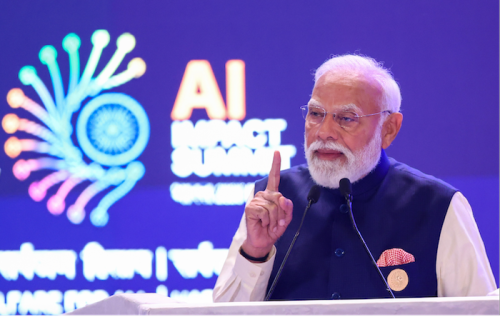Deep learning is good at finding patterns in reams of data, but can’t explain how they’re connected. Turing Award winner Yoshua Bengio wants to change that.
In March 2019, Yoshua Bengio received a share of the Turing Award, the highest accolade in computer science, for contributions to the development of deep learning – the technique that triggered a renaissance in artificial intelligence, leading to advances in self-driving cars, real-time speech translation, and facial recognition.
Now, Bengio says deep learning needs to be fixed. He believes it won’t realize its full potential, and won’t deliver a true AI revolution, until it can go beyond pattern recognition and learn more about cause and effect. In other words, he says, deep learning needs to start asking why things happen.
The 55-year-old professor at the University of Montreal, who sports bushy gray hair and eyebrows, says deep learning works well in idealized situations but won’t come close to replicating human intelligence without being able to reason about causal relationships. “It’s a big thing to integrate [causality] into AI,” Bengio says. “Current approaches to machine learning assume that the trained AI system will be applied on the same kind of data as the training data. In real life it is often not the case.”
The original article can be found here.
In the field of causal reasoning, Professor Judea Pearl is a pioneer for developing a theory of causal and counterfactual inference based on structural models. In 2011, Professor Pearl also received the Turing award from Association for Computing Machinery (ACM), which is the highest distinction in computer science, “for fundamental contributions to artificial intelligence through the development of a calculus for probabilistic and causal reasoning”. In 2020, Professor Pearl is also awarded as World Leader in AI World Society (AIWS.net) by Michael Dukakis Institute for Leadership and Innovation (MDI) and Boston Global Forum (BGF).










